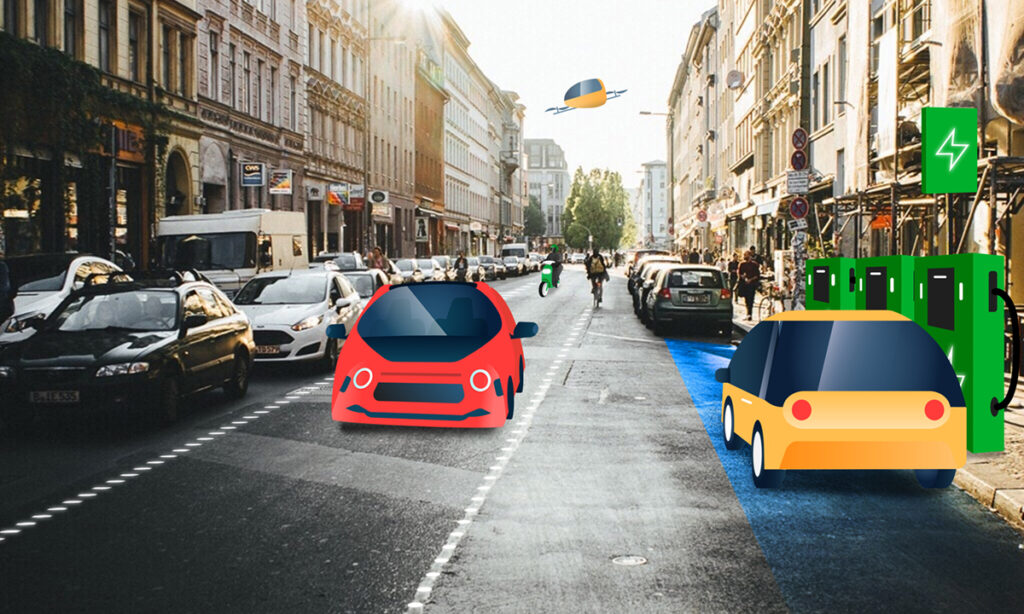Urban transportation is undergoing a remarkable transformation, driven by technology, sustainability goals, and changing commuter habits. As cities grow denser and populations rise, traditional modes of transport are proving inadequate in addressing congestion, pollution, and efficiency challenges. This has led to the emergence of innovative mobility solutions that are shaping the future of how we move within cities.
One of the most visible trends is the rise of micro-mobility options such as e-scooters and e-bikes. These compact, electric-powered vehicles provide an affordable and convenient alternative for short-distance travel, helping reduce reliance on cars for quick trips. Many urban dwellers now use e-scooters to cover the “last mile” between transit stations and their final destination, reducing traffic jams and lowering emissions. Cities have embraced these solutions by creating dedicated bike lanes and implementing sharing programs, making it easier for commuters to access them on demand.
Alongside micro-mobility, the shift towards shared transportation models is gaining momentum. Ride-hailing apps and car-sharing platforms are redefining car ownership, especially among younger generations who prioritize flexibility over owning a vehicle. Shared mobility not only helps minimize the number of vehicles on the road but also optimizes resource use, lowering both costs and environmental impact.
The future, however, extends far beyond scooters and shared cars. Autonomous vehicles are at the forefront of next-generation urban mobility. Self-driving cars promise to revolutionize city transportation by reducing human error, improving traffic flow, and enabling safer, more efficient journeys. Major tech companies and automakers are heavily investing in this technology, with pilot programs already operating in select cities. Once integrated with smart city infrastructure, autonomous vehicles could drastically cut travel times and redefine urban planning.
Sustainability remains the cornerstone of these innovations. Electrification of transport, expansion of public transit, and integration of renewable energy sources are critical in combating urban air pollution and meeting climate targets. Cities are also exploring policies such as congestion pricing and low-emission zones to encourage cleaner, greener travel options.
The future of urban mobility is not just about technology but about creating inclusive, efficient, and sustainable transport ecosystems. From e-scooters to autonomous cars, these solutions are paving the way for smarter, greener cities where movement is seamless, safe, and environmentally responsible.

